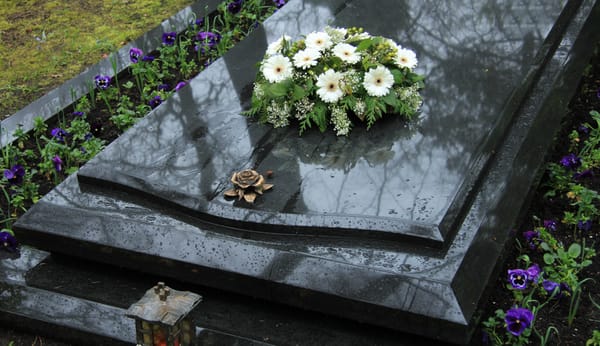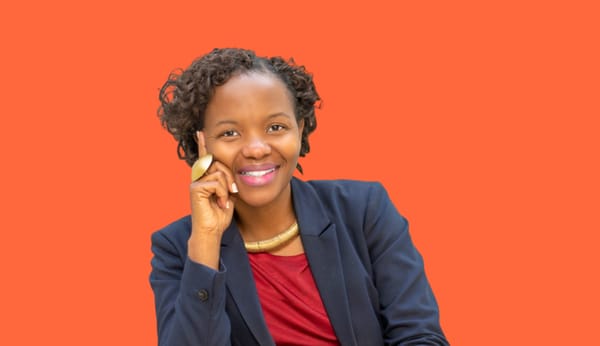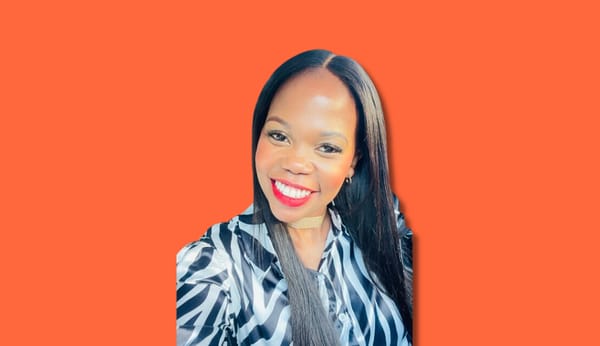Planning financially for our kids’ future is something my husband and I do not take lightly. University funds, weddings, building a nest egg and maybe even one day getting to help and support them when they have their own big dreams to achieve… Saving for all of these has been a priority since hearing those 1st heartbeats.
Here are the ways which we are preparing for these future costs.
1. Work together
Two minds are better than one and in a marriage you have the benefit of this all the time.
When we plan together, we give each other the opportunity to contribute to the challenging task of preparing for our girls' financial future. We always come up with much better solutions. So we share as openly and as honestly as possible on what our desires and dreams are for our kids and then apply our minds and calculators to see how we can achieve them.
2. Get objective expert advice
We have journeyed for a long time with our financial planner who knows both of us very well. He is far more experienced, open and honest to what works best with regards to long-term financial structures.
Once a year we sit down with him to assess our progress. We also restructure the financial plan based on our current financial situation as well as the progress on our savings. What we also love about our financial adviser is that he keeps us informed and up to date with all the latest financial products and tax benefits available to us. This saves us time (and money) as he helps us cut through a lot of the complexities very quickly to get down to what is important, our kids' futures.
If you are wanting to start investing simply and quickly you can also use the Franc app. Here you can be in control of your own money and select whether you want to invest in Cash (best for short term) or Equity (best for long term) or both. Franc suits the flexibility people need by allowing you to put any amount of money in as often or as seldom as you like.
3. Start at birth
The sooner you start, the more time you have to save, and the less pressure you’re likely to feel as you move closer to those future costs. We started to put funds away a month or two before our eldest (Eliana) was born. That really helped, because we both decided a few years after her birth to kick off our “salary earning boots” to become entrepreneurs.
The first few years of entrepreneurship is TOUGH and financial stability is non-existent. However, having saved for a couple of years before we took this leap helped us establish a good foundation, and allowed us to even take a break from putting funds away for periods whilst we regained financial stability. We however, never touched any of the funds we had already saved up. Thanks to compound interest our money was able to keep growing.
4. Plan the BIG expenses with reference to today’s prices
Let me explain… We found it easiest to set goals by jotting down the most likely future life expenses we could plan for. But trying to “guestimate” what a wedding, university fees, a car etc. will be in 18 to 22 years’ time is overwhelming. So we try to simplify this process. We start by estimating what these big expenses cost today and then extrapolate (inflate) those prices to a future date. In this way we can make use of financial formulas and historic economic data (such as inflation rates) to calculate the estimated future value of our expenses.
5. Pool funds
We have a pool investment approach. This approach means that we do not have separate investments for each of our children, but rather a “Candiotes clan future fund”. As our family grows, so does the need to invest more money every month, but into this single fund. Pooling funds also makes it far easier to track our progress to our financial end goal.
6. Don’t give yourself access
Being entrepreneurs, it’s very tempting to extract from investments to re-invest into your own business. Choosing financial products that don’t allow you to withdraw funds before a certain time or age helps to protect us, from ourselves.
7. Flexible budgeting
A budget is wonderful, however we find that it needs to be flexible - just to keep our sanity. Committing to a single number month in and month out for 20 years is a luxury that we don’t have. As our economy grows and contracts so too does our ability to save and we respect that basic concept. We thus put our pride in our pockets and just honestly say to our financial adviser when we can save, but also when we are broke.
Regardless of where you are, just remember that “Winning starts with beginning”. So the most important part of your financial future journey is to simply start.










